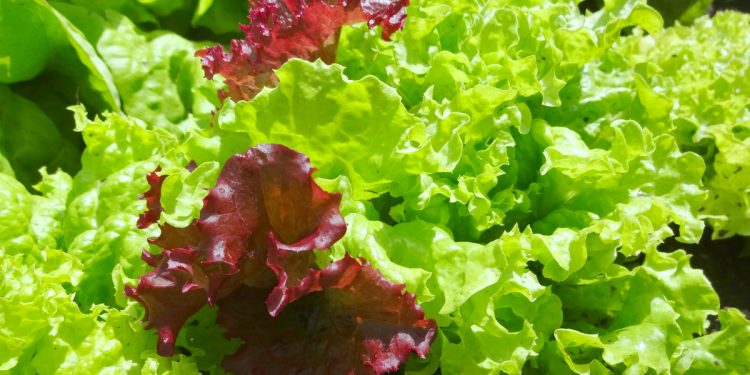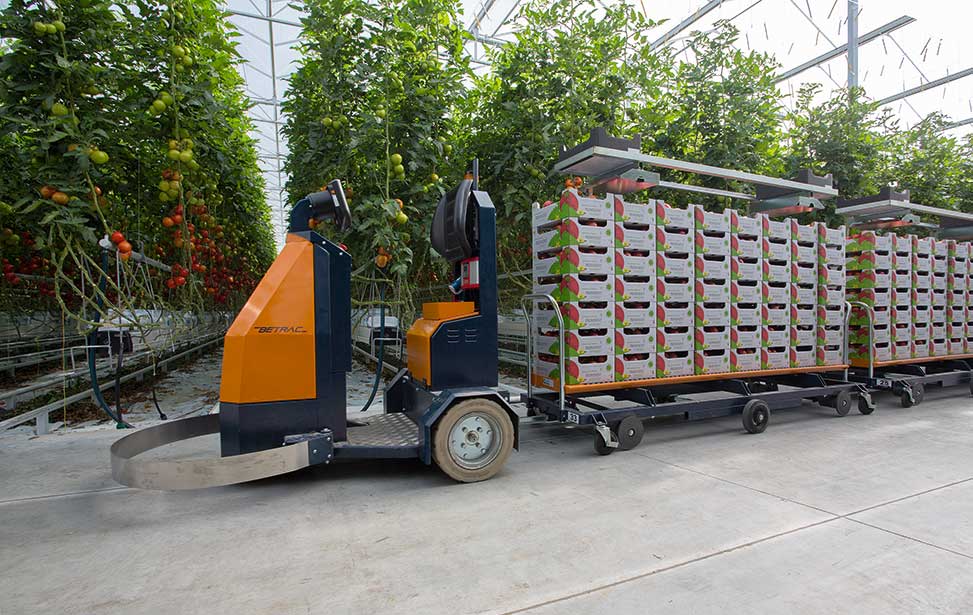#LittleLeafFarms #PennsylvaniaGreenhouse #HydroponicLettuce #SustainableFarming #TrademarkApplication #AgriculturalInnovation
Little Leaf Farms, a leading hydroponic lettuce producer, recently inaugurated a state-of-the-art greenhouse facility in Pennsylvania. This expansion not only enhances the company’s production capacity but also introduces a novel endeavor—a trademark application for their lettuce shape. This article explores the development of Little Leaf Farms’ new greenhouse, the significance of their lettuce shape trademark, and the potential consequences of this innovative approach in the agricultural industry.
Little Leaf Farms has established itself as a prominent player in the hydroponic lettuce market, known for its sustainable and locally grown produce. The company recently expanded its operations by opening a new greenhouse facility in Pennsylvania. This strategic move is aimed at increasing their lettuce production capacity to meet the growing demand for fresh, high-quality greens.
The newly opened greenhouse is equipped with cutting-edge technology, including advanced irrigation systems, energy-efficient lighting, and precise climate control mechanisms. These state-of-the-art features create an optimal environment for lettuce cultivation, ensuring consistent quality and yields throughout the year. By leveraging hydroponic techniques, Little Leaf Farms can minimize water usage and eliminate the need for chemical pesticides, promoting sustainable and eco-friendly farming practices.
Beyond the impressive greenhouse infrastructure, Little Leaf Farms is embarking on an unconventional venture—a trademark application for their lettuce shape. Traditionally, trademarks have been associated with logos, brand names, or distinctive packaging. However, by seeking to protect the shape of their lettuce, Little Leaf Farms aims to differentiate their produce in the market, prevent imitation, and establish a unique identity.
The shape of lettuce, though seemingly insignificant, can play a role in consumer preference and recognition. Little Leaf Farms intends to secure legal protection for their lettuce shape, safeguarding their innovative approach to lettuce cultivation. If successful, this trademark application could set a precedent for other agricultural producers to explore unique branding strategies, potentially leading to a more diversified and creative marketplace.
Moreover, the introduction of a lettuce shape trademark opens up opportunities for collaborations and partnerships within the culinary and foodservice industries. Restaurants, food processors, and retailers may be interested in exclusive access to lettuce with a distinct shape, enabling them to enhance their product offerings and stand out from competitors.
Little Leaf Farms’ new Pennsylvania greenhouse marks a significant milestone in their quest for sustainable lettuce production. The trademark application for their lettuce shape adds a fascinating dimension to their operations, emphasizing the importance of innovation and differentiation in the agricultural sector. As the industry adapts to changing consumer demands and preferences, this development could inspire other players to explore unconventional branding strategies, fostering a more dynamic and competitive market.










